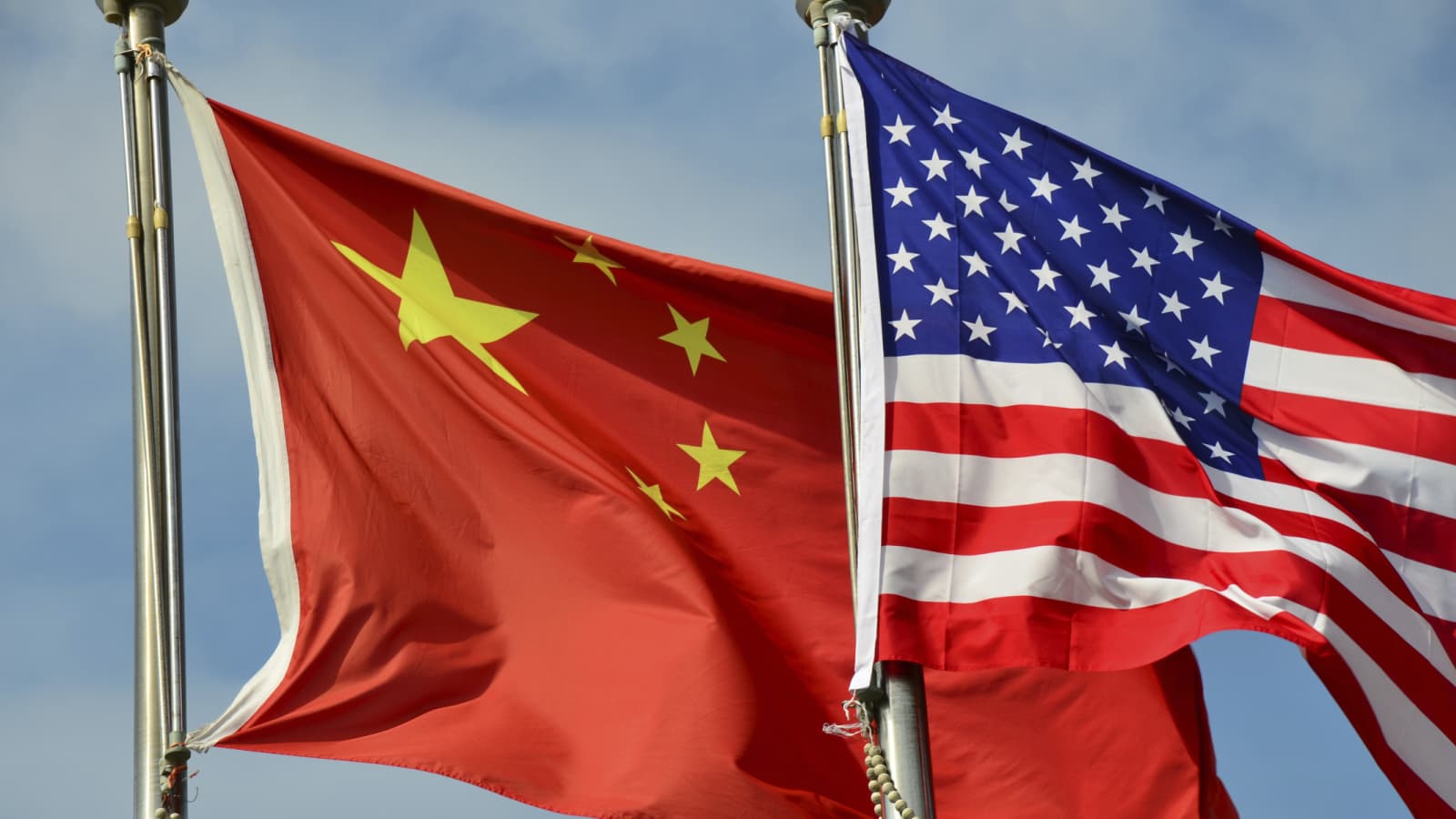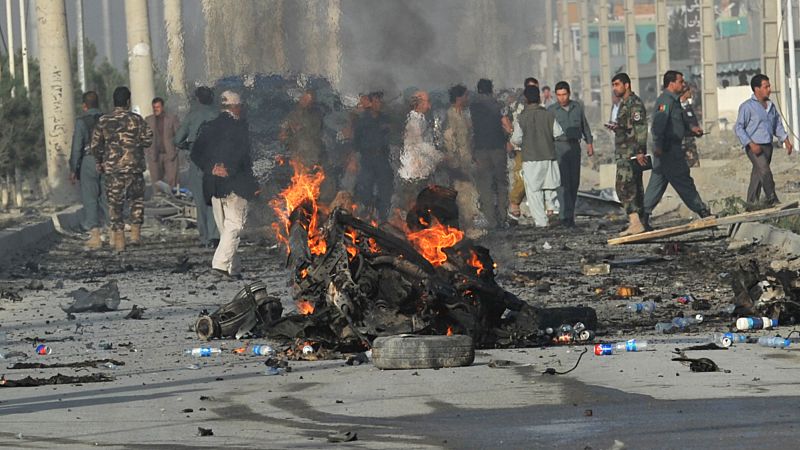China announced on Tuesday that it would impose tariffs on imports of US energy, vehicles, and equipment in retaliation to recent trade measures by the United States, further intensifying the ongoing trade war between the world’s two largest economies.
The move follows US President Donald Trump’s decision on Saturday to impose sweeping tariffs on major trade partners, including Canada and Mexico, while also increasing duties on Chinese goods by an additional 10 percent.
In response, Beijing imposed a 15 percent tariff on US coal and liquefied natural gas (LNG) imports, while crude oil, agricultural machinery, large-engine vehicles, and pickup trucks will now face a 10 percent duty.
China remains a key market for US energy exports, with its imports of oil, coal, and LNG totaling over $7 billion last year, according to Beijing customs data. However, this figure is significantly overshadowed by China’s energy imports from Russia, which amounted to $94 billion in the same period.
Beijing justified the new tariffs as a countermeasure to Washington’s “unilateral tariff hike,” criticizing the US for violating World Trade Organization (WTO) regulations.
“The US decision seriously violates WTO rules, does nothing to resolve its own problems, and disrupts normal economic and trade cooperation between China and the United States,” China said in a statement.
In addition to imposing tariffs, China revealed plans to file a complaint with the WTO over what it described as “malicious” levies.
Further escalating tensions, Beijing also launched an investigation into US tech giant Google and added US-based companies PVH Corp. — the owner of Tommy Hilfiger and Calvin Klein — and biotech firm Illumina to its list of “unreliable entities.”
China Expands Trade War Retaliation with Export Controls on Rare Metals
Beijing has introduced new export restrictions on rare metals and chemicals, including tungsten, tellurium, bismuth, and molybdenum, which are essential for various industrial applications.
Zhang Zhiwei of Pinpoint Asset Management noted that China’s retaliation remains measured, targeting select US products in response to Washington’s blanket tariffs on Chinese exports. “This is likely only the beginning of a long process for the two countries to negotiate,” Zhang added.
Canada and Mexico Secure Tariff Deals
US President Donald Trump justified the tariffs as a response to the influx of illegal migrants and drugs, including fentanyl, into the United States. However, he revealed plans to speak with Chinese President Xi Jinping within 24 hours.
Meanwhile, Mexican President Claudia Sheinbaum and Canadian Prime Minister Justin Trudeau reached last-minute agreements with Trump, implementing stricter border controls to curb migration and fentanyl trafficking. This led to a 30-day pause on the planned tariffs against their countries.
Asian markets surged on Tuesday following news of the tariff pause, raising hopes of similar relief for China. However, gains were tempered after Beijing announced its countermeasures.
The financial markets had suffered losses on Monday amid concerns that Trump’s threats of sweeping tariffs on Canada and Mexico could trigger a global trade war.
US-Canada Tensions Escalate
Despite the pause in tariffs on Mexico, tensions remain high between the US and Canada. After multiple calls with Trudeau, Trump claimed on Truth Social that the Canadian leader had committed to strengthening border security and combating fentanyl trafficking.
Trudeau confirmed that Canada would deploy 10,000 border officers, classify drug cartels as terrorist organizations, appoint a “Fentanyl Czar,” and intensify efforts against money laundering. However, reports indicate that Canada already had 8,500 personnel at the border before the deal.
With Canada, China, and Mexico being the top three US trading partners, the White House emphasized that the situation was not a trade war but rather a fight against drug trafficking. “This is not a trade war, this is a drug war,” National Economic Council Director Kevin Hassett stated, insisting that Canada misunderstood Washington’s intentions. However, US government data indicates that minimal amounts of drugs enter the country from Canada.
Canada’s Strong Response
Ottawa has vowed a firm response to US tariffs, sparking public backlash against American interests. Canadians have protested by booing the US national anthem at sports events, canceling trips to the United States, and boycotting American goods.
In retaliation, Ontario—Canada’s most populous province—barred US companies from bidding on multi-billion-dollar government contracts and scrapped a deal with Elon Musk’s Starlink, a company closely linked to Trump.
Trump has further stoked tensions by questioning Canada’s sovereignty, once again suggesting that the country should become the 51st US state.
Political Fallout in Canada and Mexico
The crisis has had significant political ramifications in Canada, where Trump’s tariff threats contributed to Trudeau’s recent resignation announcement. Canadians may now face elections as early as April.
Meanwhile, Mexico continues to face pressure from Washington to tighten its border security, as Trump pushes for a sweeping crackdown on undocumented migration.




